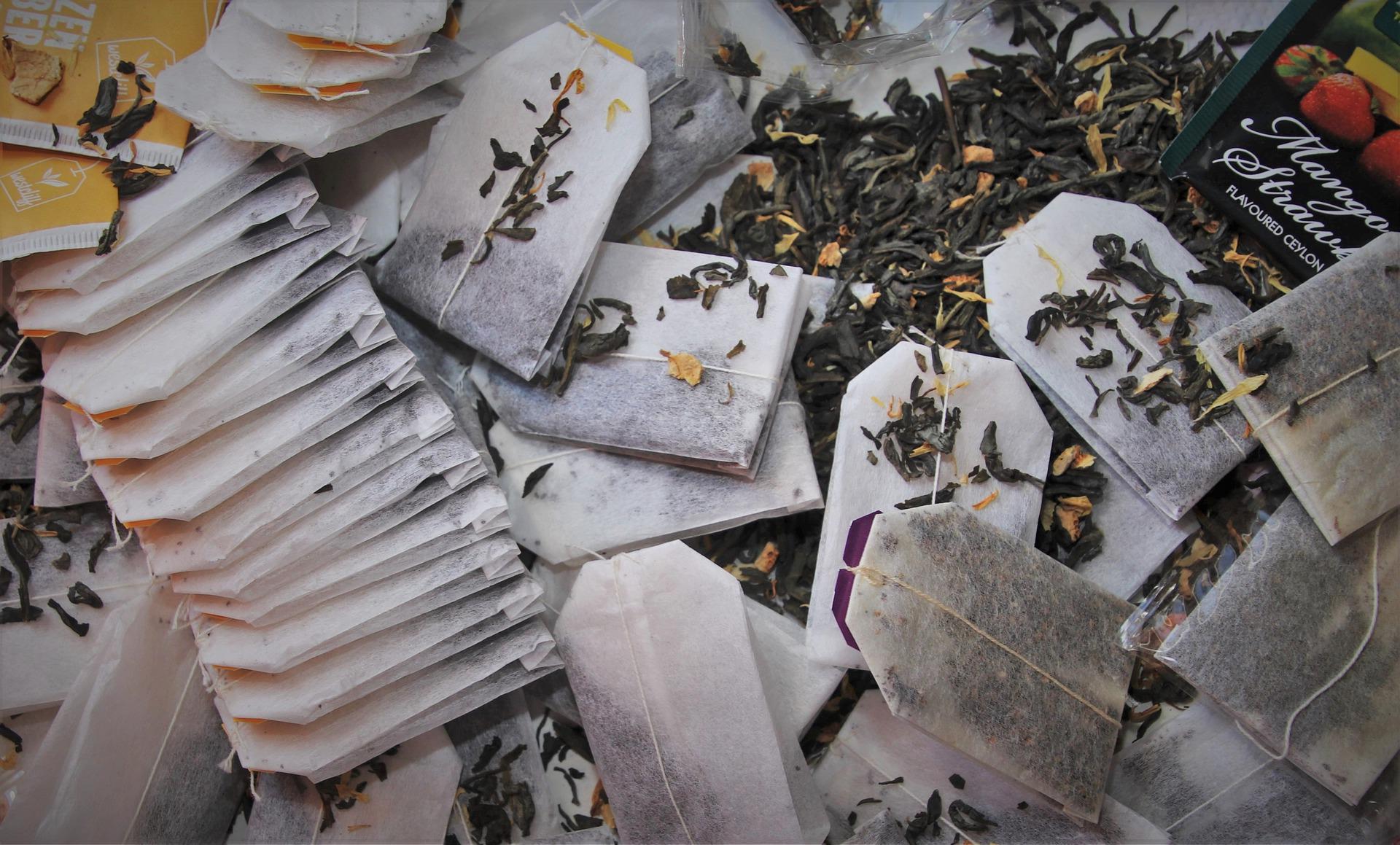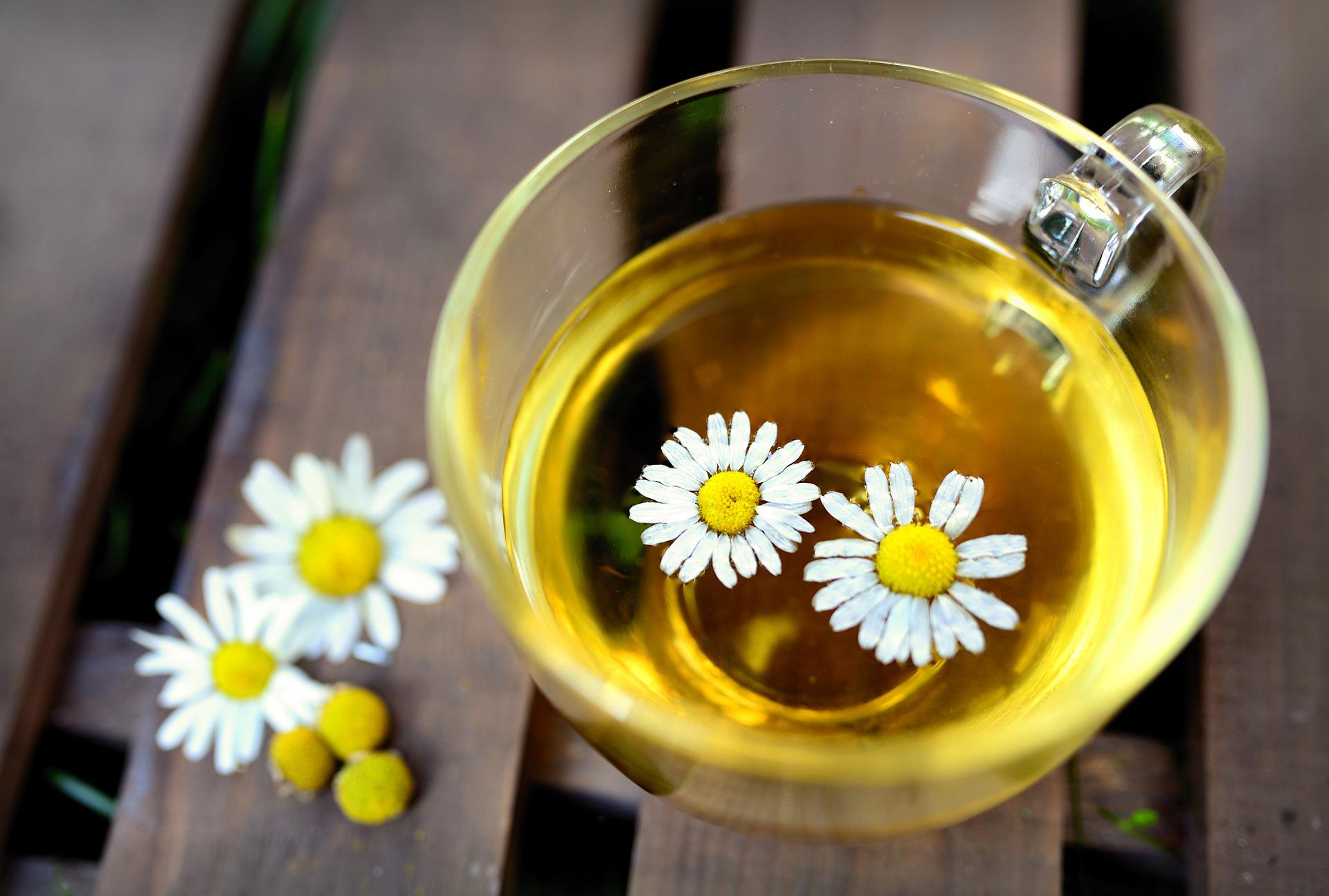
The Role of Tea in Traditional Medicine for Inflammation and Pain
Tea has been used as a traditional remedy for inflammation and pain for centuries. Tea contains a number of compounds that have anti-inflammatory properties, including catechins, flavonoids, and polyphenols. These compounds can inhibit the production of pro-inflammatory cytokines and help to reduce inflammation.
What Causes Inflammation?
Inflammation is a response of the body to injury or infection. It is characterized by redness, swelling, and pain. Inflammation is a natural process that helps the body heal.
However, chronic inflammation can lead to a number of diseases, such as arthritis, heart disease, and cancer.
How Does Tea Help Reduce Inflammation?
The compounds in tea can help to inhibit the production of pro-inflammatory cytokines. Cytokines are a type of protein that is involved in the inflammatory response.
In addition, tea's antioxidant and anti-inflammatory properties can help to reduce inflammation.
How Does Tea Help Relieve Pain?
Tea contains compounds that can help to reduce pain. These compounds include catechins, flavonoids, and polyphenols. These compounds have antioxidant and anti-inflammatory properties.
In addition, tea's antimicrobial properties can help to fight infections that can cause pain.
What are Cytokines?
Cytokines are a type of protein that is involved in cell signaling. They are released by cells in response to a variety of stimuli, and they play an important role in the immune response.
Cytokines can be pro-inflammatory or anti-inflammatory. Pro-inflammatory cytokines are involved in the inflammatory response, while anti-inflammatory cytokines help to reduce inflammation.

Top Anti-inflammatory Properties of Tea
- Tea is rich in antioxidants that can help to protect cells from damage.
- Tea contains compounds that can help to inhibit the production of pro-inflammatory cytokines.
- Tea's anti-inflammatory properties can help to reduce inflammation.
- Tea's antimicrobial properties can help to fight infections that can cause pain.
The compounds in tea that have anti-inflammatory properties include catechins, flavonoids, and polyphenols.
What are Catechins?
Catechins are a type of flavonoid, which is a class of phytonutrients. They are found in a variety of plants, including tea leaves. Catechins have antioxidant and anti-inflammatory properties.
What are Flavonoids?
Flavonoids are a class of phytonutrients that are found in a variety of plants. They have antioxidant and anti-inflammatory properties.
What are Polyphenols?
Polyphenols are a class of phytonutrients that are found in a variety of plants. They have antioxidant, anti-inflammatory, and antimicrobial properties.
How to Use Tea for Inflammation and Pain
There are a number of ways that you can use tea for inflammation and pain.
You can drink tea regularly to help reduce inflammation and pain. You can also apply tea bags to the affected area to help relieve pain.
You can also take tea supplements to help reduce inflammation and pain. Tea supplements are available in a variety of forms, including capsules, tablets, and powders.
When choosing a tea bags or supplement, it is important to choose one that is made from organic tea leaves. This will ensure that you are getting the most benefits from the tea.
If you are taking any medications, it is important to speak with your healthcare provider before taking tea supplements. This is because tea can interact with some medications.
The Best Teas for Inflammation and Pain in Traditional Medicine
There are a several different teas that can be used for inflammation and pain.
Some of the best teas for inflammation and pain include:
Chamomile tea:
Chamomile tea is made from the dried flowers of the chamomile plant. Chamomile tea has anti-inflammatory, antimicrobial, and antioxidant properties.

Ginger tea:
Ginger tea is made from the root of the ginger plant. Ginger tea is helpful for fighting inflammation, bacteria, and free radicals.
Green tea:
Green tea is made from the leaves of the Camellia sinensis plant. The plant’s roots, seeds, leaves and flowers are said to have anti-inflammatory, antimicrobial, and antioxidant properties.
Turmeric tea:
Turmeric tea is made from the root of the turmeric plant. Turmeric tea is high in anti-inflammatory, antimicrobial, and antioxidant properties.
White tea:
White tea is made from the leaves of the Camellia sinensis plant. The antioxidant and anti-inflammatory components in white tea are beneficial to reducing pain and inflammation.
Related: Best Essential Oils for Muscle Pain
Other Traditional Medicine Remedies for Inflammation and Pain
There are a number of other traditional medicine remedies that can be used for inflammation and pain.
Some of these remedies include:
Acupuncture:
Acupuncture is an ancient Chinese practice that involves the insertion of thin needles into the skin at specific points on the body. Acupuncture is said to help relieve pain by releasing endorphins.
Massage:
Massage is a manual therapy that involves the use of pressure and strokes to the muscles and soft tissues of the body. Massage is said to help relieve pain by increasing blood flow and relaxing the muscles.
Yoga:
Yoga is a system of physical and mental exercises that originated in India. Yoga is said to help relieve pain by increasing flexibility, improving posture, and reducing stress.

Final Thoughts on the Benefits of Tea for Inflammation and Pain
Tea has been used as a traditional remedy for inflammation and pain for centuries.Tea is known to have a number of compounds which contain anti-inflammatory properties, including catechins, flavonoids, and polyphenols. These compounds can inhibit the production of pro-inflammatory cytokines and help to reduce inflammation.
There are a number of different teas that can be used for inflammation and pain, including chamomile tea, ginger tea, green tea, turmeric tea, and white tea. You can also take tea supplements to help reduce inflammation and pain.
If you are taking any medications, it is important to speak with your healthcare provider before taking tea supplements.




